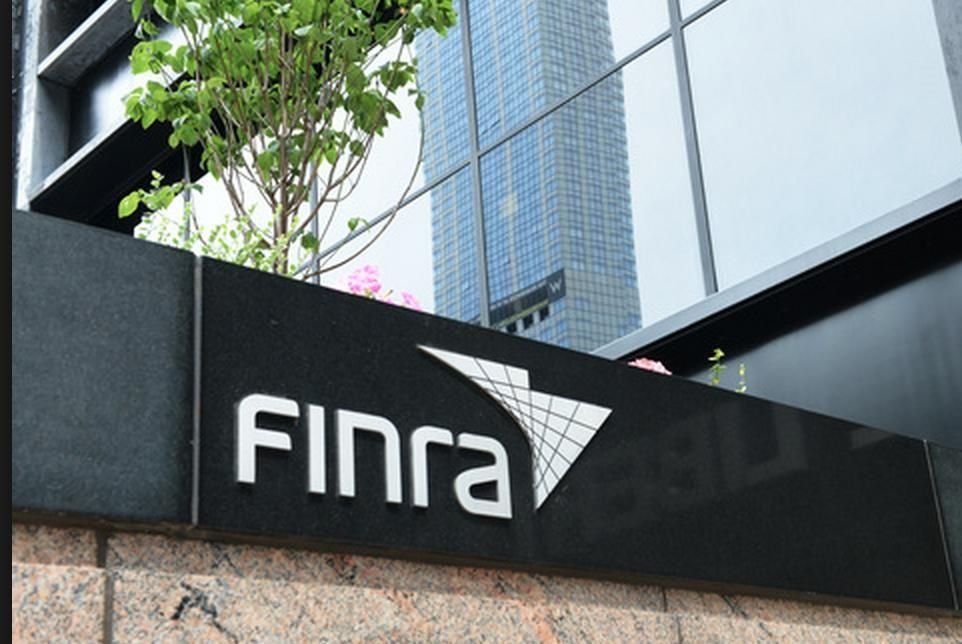The crowdfunding world has been buzzing with news about the decline in the number of FINRA-regulated funding portals. For the uninitiated, these portals are crucial for companies looking to raise capital through Regulation Crowdfunding (Reg CF), offering a streamlined way for businesses to reach potential investors. However, recent data shows a noticeable decrease in these portals, raising eyebrows and questions across the industry.
The Numbers Game
As of September 2023, there were 88 active funding portals regulated by FINRA. Fast forward to today, and that number has dropped to 84. While this may not seem like a drastic change, it marks the first significant decline since the inception of these portals. Adding to the concern, there are now 39 portals that have ceased operations entirely, and four more that have been suspended (CrowdFund Insider) (CrowdFund Insider).
New Kids on the Block
Despite the decline, several new portals have entered the scene, each with its unique focus. For instance, Commonwealth, formerly known as ALAO Invest, now offers a platform for fans to invest in professional athletes. Another newcomer, Community Bond (also known as MainStreetBond), is targeting early-stage investment opportunities. Additionally, Eman Equity, an Islamic finance platform, is making strides in offering Shariah-compliant investment options (CrowdFund Insider).
Survivors and Thrivers
Amidst the turbulence, a few platforms have managed to thrive and even dominate the sector. Wefunder, StartEngine, and Honeycomb are notable examples, consistently leading in the number of Form C filings with the SEC. These platforms have not only maintained their operations but have also expanded their services to include other regulatory exemptions like Reg A+ and Reg D, enhancing their appeal to a broader range of issuers and investors (CrowdFund Insider) (CrowdFund Insider).
The Challenges Ahead
The decline in funding portals can be attributed to several factors. Regulatory challenges, economic uncertainties, and the sheer difficulty of sustaining operations in a competitive market have all played a part. For example, Buy the Block was recently disqualified by FINRA for not adhering to regulatory requirements concerning the handling of investor funds (CrowdFund Insider).
Moreover, the industry faces ongoing consolidation pressures, with many predicting that only the most robust and adaptable platforms will survive in the long run. This consolidation is driven by the need for platforms to offer more comprehensive services and maintain profitability in a challenging economic landscape (CrowdFund Insider).
Looking Forward
Despite these challenges, there is optimism within the industry. The potential increase in the funding cap for Reg CF from $5 million to higher limits could provide a much-needed boost. Additionally, the introduction of new legislation aimed at supporting entrepreneurs and investors could help stabilize and even grow the number of active funding portals in the future (CrowdFund Insider) (CrowdFund Insider).
Final Thoughts
The decline in FINRA-regulated funding portals highlights the evolving nature of the crowdfunding industry. While the reduction in numbers might seem concerning, it also signifies a period of consolidation and maturation for the sector. New entrants bring fresh ideas and approaches, while established players continue to refine and expand their offerings.



